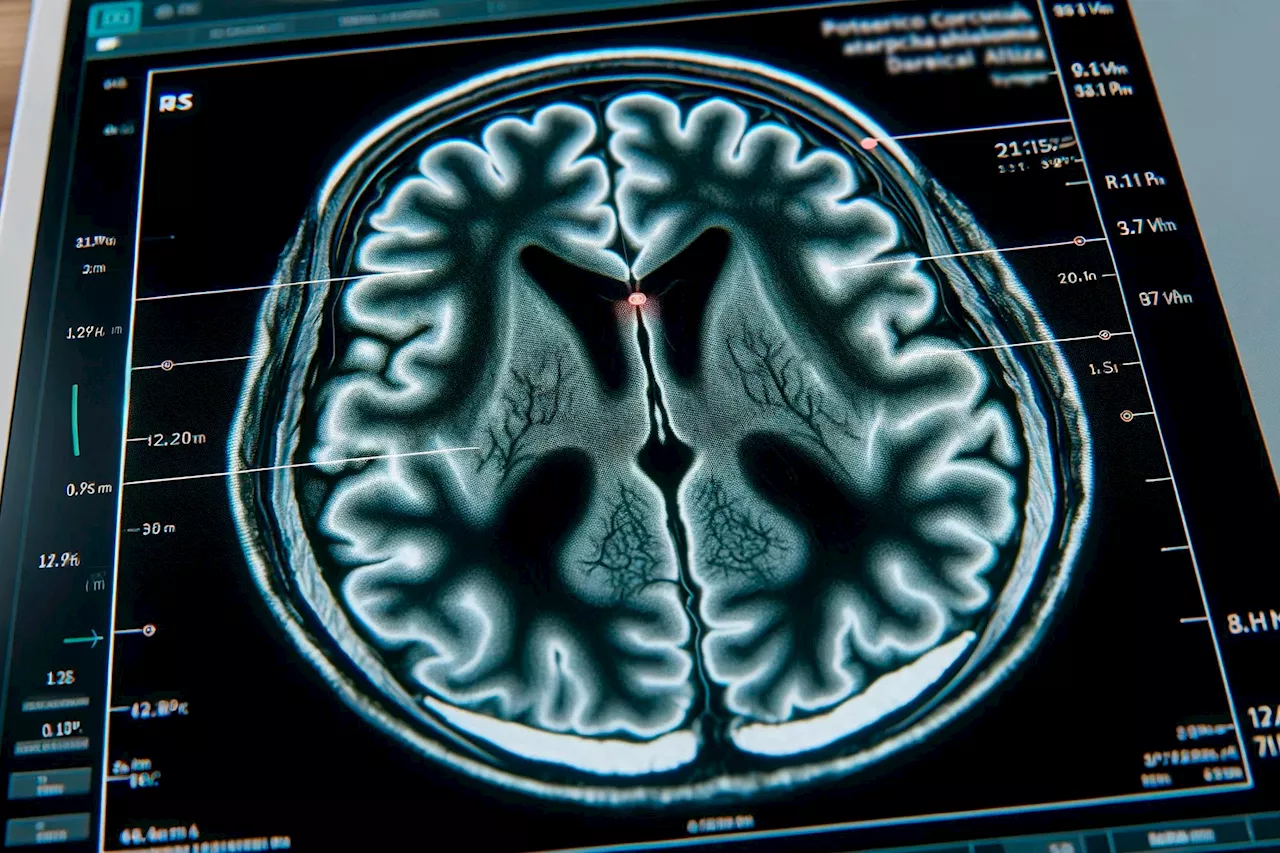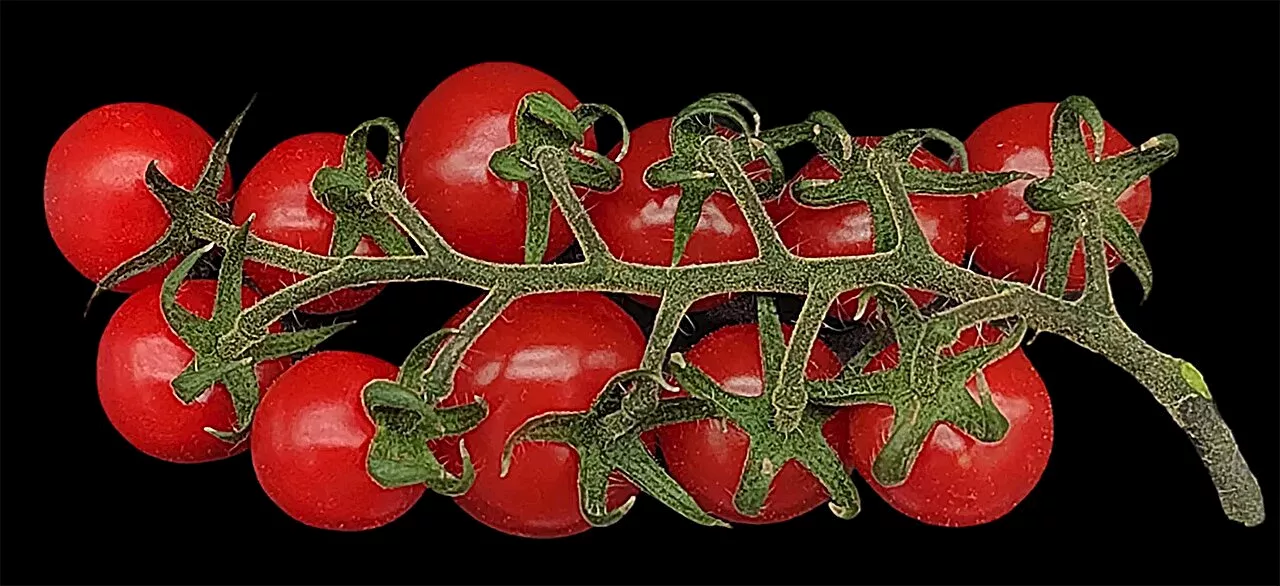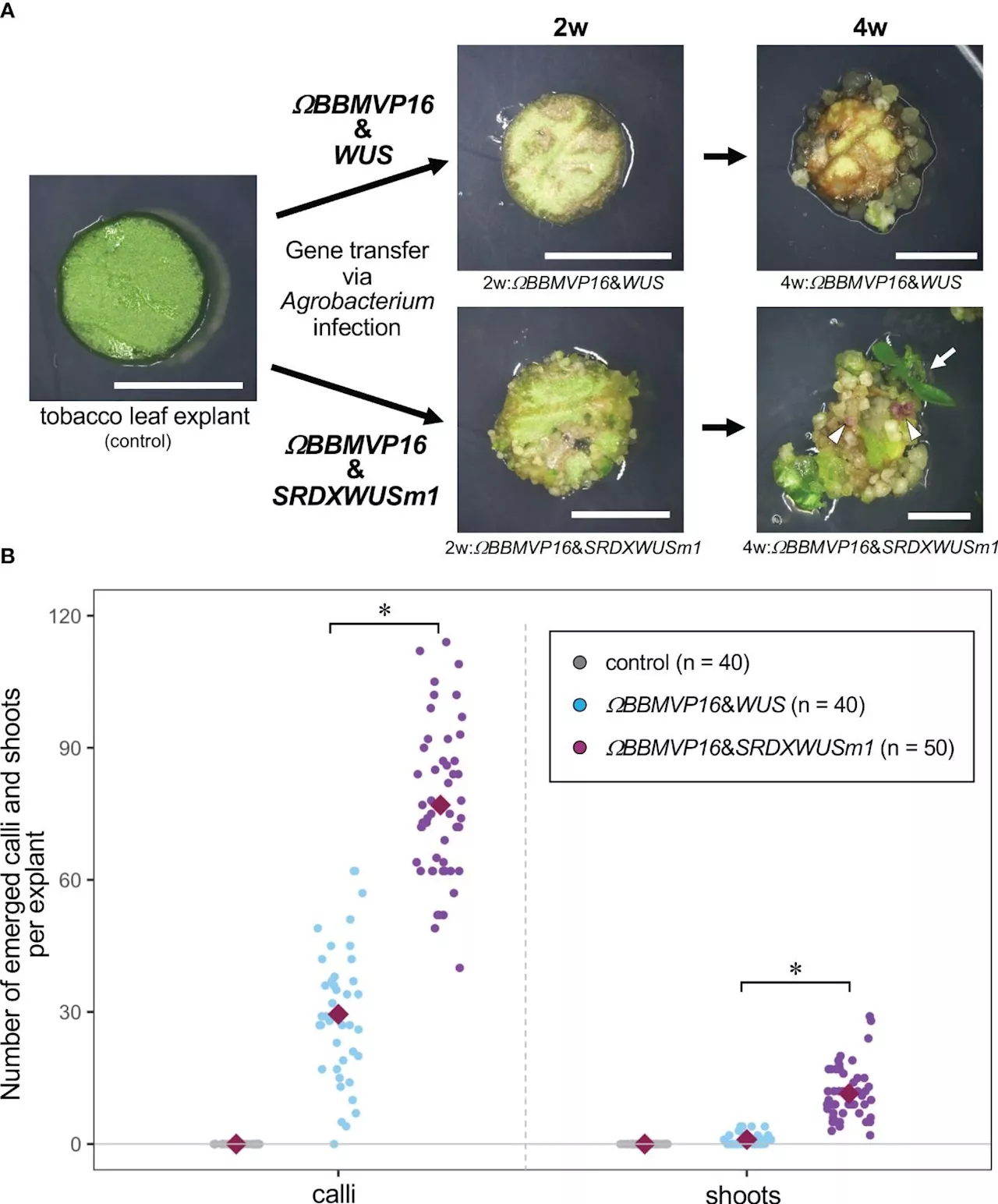Researchers found that approximately one in 40 human bone marrow cells carry massive chromosomal alterations without causing any apparent disease or abnormality. Even so-called normal cells carry all sorts of genetic mutations, meaning there are more genetic differences between individual cells in our bodies than between different human beings.
The discovery was enabled by a single-cell sequencing technology called Strand-seq, a unique DNA sequencing technique that can reveal subtle details of genomes in single cells that are too difficult to detect with other methods.
The discovery was enabled by a single-cell sequencing technology called Strand-seq, a unique DNA sequencing technique that can reveal subtle details of genomes in single cells that are too difficult to detect with other methods. Sanders is a pioneer in the development of this technology. As part of her doctoral research, she helped develop the Strand-seq protocol, which she later honed with colleagues while working as postdoctoral fellow in Korbel's lab.
"It's just amazing how much heterogeneity there is in our genomes that has gone undetected so far," said Sanders."What this means in terms of how we define normal human ageing and how this can impact the types of diseases we get is really an important question for the field."
Genes Human Biology Personalized Medicine Genetics Biology Biotechnology Biochemistry Research
United Kingdom Latest News, United Kingdom Headlines
Similar News:You can also read news stories similar to this one that we have collected from other news sources.
 Researchers make better chickpeas possible by harnessing genetic traits of wild cousinsA new study has revealed the potential of using wild crop relatives for chickpea improvement, paving the way for more advanced crops and greater global food security.
Researchers make better chickpeas possible by harnessing genetic traits of wild cousinsA new study has revealed the potential of using wild crop relatives for chickpea improvement, paving the way for more advanced crops and greater global food security.
Read more »
 Researchers Identify New Genetic Form of Alzheimer’s DiseaseScience, Space and Technology News 2024
Researchers Identify New Genetic Form of Alzheimer’s DiseaseScience, Space and Technology News 2024
Read more »
 MIT Researchers Identify Genetic Markers That Could Revolutionize ALS TreatmentScience, Space and Technology News 2024
MIT Researchers Identify Genetic Markers That Could Revolutionize ALS TreatmentScience, Space and Technology News 2024
Read more »
 Researchers breed tomato plants that contain the complete genetic material of both parent plantsIn a new study published in Nature Genetics, led by Charles Underwood from the Max Planck Institute for Plant Breeding Research in Cologne, Germany, scientists established a system to generate clonal sex cells in tomato plants and used them to design the genomes of offspring.
Researchers breed tomato plants that contain the complete genetic material of both parent plantsIn a new study published in Nature Genetics, led by Charles Underwood from the Max Planck Institute for Plant Breeding Research in Cologne, Germany, scientists established a system to generate clonal sex cells in tomato plants and used them to design the genomes of offspring.
Read more »
 Researchers develop genetic plant regeneration approach without the application of phytohormonesFor ages now, plants have been the primary source of nutrition for animals and mankind. Additionally, plants are used for the extraction of various medicinal and therapeutic compounds. However, their indiscriminate use, along with the rising demand for food, underscores the need for novel plant breeding practices.
Researchers develop genetic plant regeneration approach without the application of phytohormonesFor ages now, plants have been the primary source of nutrition for animals and mankind. Additionally, plants are used for the extraction of various medicinal and therapeutic compounds. However, their indiscriminate use, along with the rising demand for food, underscores the need for novel plant breeding practices.
Read more »
 After 25 years, researchers uncover genetic cause of rare neurological diseaseSpinocerebellar ataxia 4 is a devastating progressive movement disease that can begin as early as the late teens. Now, a multinational research team has conclusively identified the genetic difference that causes the disease, bringing answers to families and opening the door to future treatments.
After 25 years, researchers uncover genetic cause of rare neurological diseaseSpinocerebellar ataxia 4 is a devastating progressive movement disease that can begin as early as the late teens. Now, a multinational research team has conclusively identified the genetic difference that causes the disease, bringing answers to families and opening the door to future treatments.
Read more »
